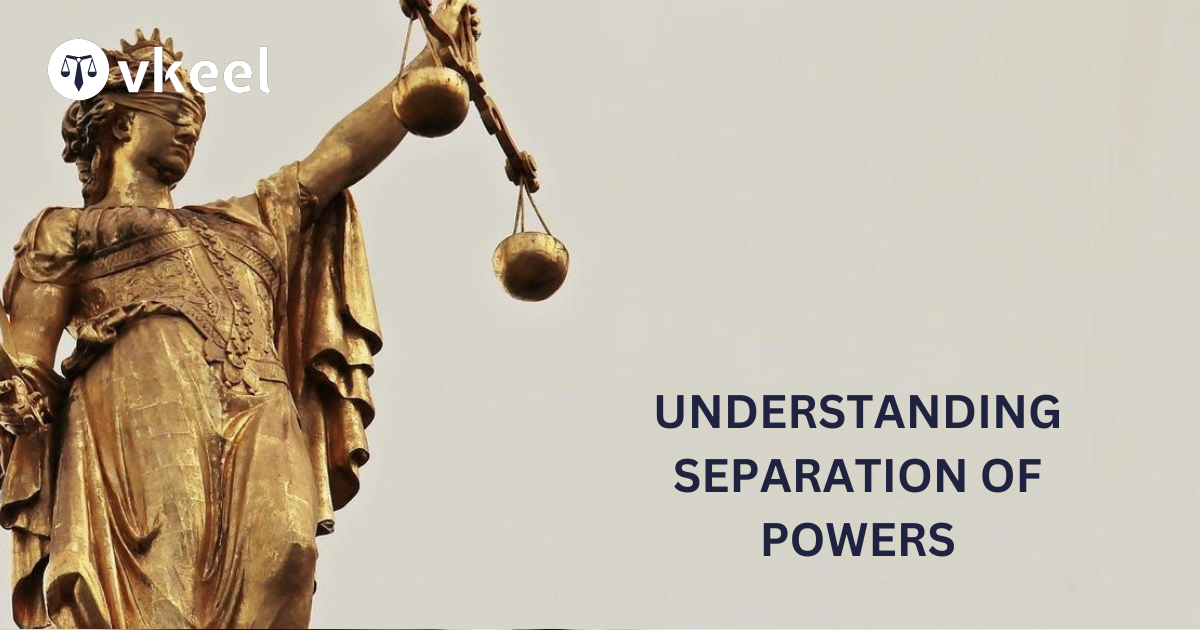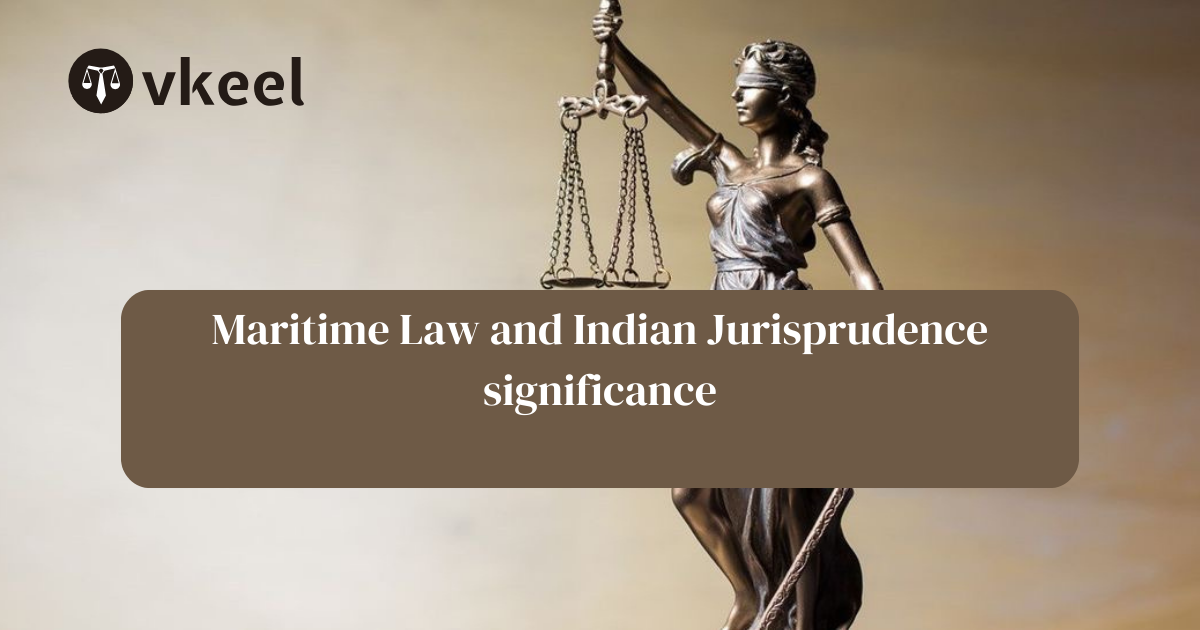Understanding Separation of Powers
By Joy Puri
Introduction
Political powers stipulate the authority, the influence, and the abilities possessed by governments, leaders, institutions, and individuals within a political system of the country. The aforementioned powers enable them to govern societies, shape or reshape the policies, and make decisions that impact the lives of citizens of the respective country. They are considered as the tools through which laws are created, enforced, and executed, ensuring order, stability, and the safeguarding of rights within a society and the nation.
Political powers can be ordained in various forms, including legislative, executive, judicial, and military landscape, as well as through soft power mechanisms such as diplomacy and cultural influence thereof. They are dynamic and subject to change based on factors like public opinion, institutional dynamics, and geopolitical shifts.
Effective governance thereby relies on the responsible exercise of political powers, which is balanced with accountability mechanisms and respect for democratic principles, on end of the day to ensure the legitimacy and effectiveness in the decision-making processes of the country.
What is Separation of Powers
The concept of Separation of Powers is seen as a fundamental principle of modern democratic governance, articulated to prevent the concentration of power in any one branch of government. Its roots can be traced back to ancient civilizations such as Greece and Rome in Europe, where philosophers like Plato and Aristotle discussed the idea of dividing governmental authority of the government in order to prevent tyranny. However, it was in the 17th and 18th centuries that the concept began to take shapes in its modern form, particularly through the works of political philosophers like John Locke, Baron de Montesquieu, and others who were involved in the process.
In his influential book “The Spirit of the Laws,” which was published in 1748, Montesquieu deciphered the principle of Separation of Powers as a pivotal element for maintaining liberty within a state. He argued that governmental power should be divided into three separate branches: the legislative, executive, and judicial in order to prevent concentration of powers. Each branch would hold distinct functions and powers, and would act as a check on the others, thereby preventing any one branch from becoming too powerful and infringing on the rights of the citizens.
Montesquieu’s ideas and thoughts heavily influenced the framers of modern democratic constitutions, particularly in the United States. The U.S. Constitution, drafted in 1787, encircles the principles of Separation of Powers through its establishment of three branches of government: the legislative branch, the executive branch, and the judicial branch. Each branch is granted specific powers and responsibilities, provided to serve as a check on the others in the country.
Via this system of checks and balances, each branch of government enables to limit the powers of the others, thereby preventing tyranny in the country and safeguarding individual liberties thereof. Although, the effectiveness of the Separation of Powers depends on the willingness of each branch to respect the authority of the others and to perform its constitutional role effectively in the nation.
Position In India
In the case of India, the principle of separation of powers is a landmark feature of the Constitution of India, ensuring the smooth functioning of the government and preventing the concentration of power in any single entity of the country. This doctrine, though not explicitly entailed in the Constitution, is implied through various provisions and practices of the country followed by landmark judgements of the courts.
At its core, the separation of powers in India includes the distribution of governmental powers among three distinct branches: the legislature, the executive, and the judiciary. Each branch performs its own functions, powers, and responsibilities, and they operate independently of each other while also exercising checks and balances to prevent abuse of power in the country. Some of the related provisions of Indian Constitution are entailed below.
Article 50- The State shall take steps to separate the judiciary from the executive in the public services of the State.
Article 74- There shall be a Council of Ministers with the Prime Minister at the head to aid and advise the President who shall, in the exercise of his functions, act in accordance with such advice.
Article 163- There shall be a Council of Ministers with the Chief Minister at the head to aid and advise the Governor in the exercise of his functions, except in so far as he is by or under this Constitution required to exercise his functions or any of them in his discretion.
Article 121- No discussions shall take place in Parliament with respect to the conduct of any Judge of the Supreme Court or of a High Court in the discharge of his duties except upon a motion for presenting an address to the President praying for the removal of the Judge as hereinafter provided.
Article 211- No discussion shall take place in the Legislature of a State with respect to the conduct of any Judge of the Supreme Court or of a High Court in the discharge of his duties.
Article 122- The validity of any proceedings in Parliament shall not be called in question on the ground of any alleged irregularity of procedure.
Article 142- Subject to the provisions of any law made in this behalf by Parliament, the Supreme Court shall, as respects the whole of the territory of India, have power to issue such directions, orders or writs, including writs in the nature of habeas corpus, mandamus, prohibition, quo warranto and certiorari, as may be necessary for the enforcement of any of the rights conferred by this Part.
Article 246- Subject-matter of laws made by Parliament and by the Legislatures of States (1) Notwithstanding anything in clauses (2) and (3), Parliament has exclusive power to make laws with respect to any of the matters enumerated in List I in the Seventh Schedule.
Article 256- The executive power of every State shall be so exercised as to ensure compliance with the laws made by Parliament and any existing laws which apply in that State, and the executive power of the Union shall extend to the giving of such directions to a State as may appear to the Government of India to be necessary for that purpose.
Article 365- Where any State has failed to comply with, or to give effect to, any direction given in the exercise of the executive power of the Union under any provision of this Constitution, it shall be lawful for the President to hold that a situation has arisen in which the Government of the State cannot be carried on in accordance with the provisions of this Constitution.
Landmark Cases
Kesavananda Bharati vs. State of Kerala (1973) 4 SCC 225
This case is one of the landmark cases in Indian constitutional history. It is also referred to as the case which led to mini constitution of the country. The Supreme Court upheld the basic structure doctrine of the Indian Constitution, which essentially asserts that while Parliament has the power to amend the Constitution, it does not have the power to alter its basic structure thereof.
Indira Nehru Gandhi vs. Raj Narain 1975 AIR SC 2299
In this, the Supreme Court ruled against the then Prime Minister Indira Gandhi, declaring her election to the Lok Sabha were void due to electoral malpractices reflecting her miscounduct. This case showcased the Judiciary’s role in checking the Executive and ensuring accountability within the government.
S.R. Bommai vs. Union of India 1994 3 SCC 1
The aforementioned case deals with the imposition of President’s Rule under Article 356 of the Constitution of India. The Supreme Court highlighted the guidelines restricting the arbitrary use of this provision by the Executive, thus showcasing the Judiciary’s role in ensuring that the Executive follows the constitutional principles and does not overstep its bounds in furtherance.
Conclusion
Improving the concept of separation of powers in India has been crucial for strengthening democracy and ensuring accountability within the government of the country. It aims to prevent the concentration of power in any single institution, thus safeguarding against the abuses by any authority.
However, in the scenario India, there have been instances where demarcations of separation has been blurred, leading to hurdles such as executive overreach, legislative dominance, and judicial activism in the country. To enhance the effectiveness of this principle, the organs of the government should take measures to define the aforementioned procedures.
Disclaimer:
The information provided in the article is for general informational purposes only, and is not intended to constitute legal advice or to be relied upon as a substitute for legal advice. Furthermore, any information contained in the article is not guaranteed to be current, complete or accurate. If you require legal advice or representation, you should contact an attorney or law firm directly. We are not responsible for any damages resulting from any reliance on the content of this website.










